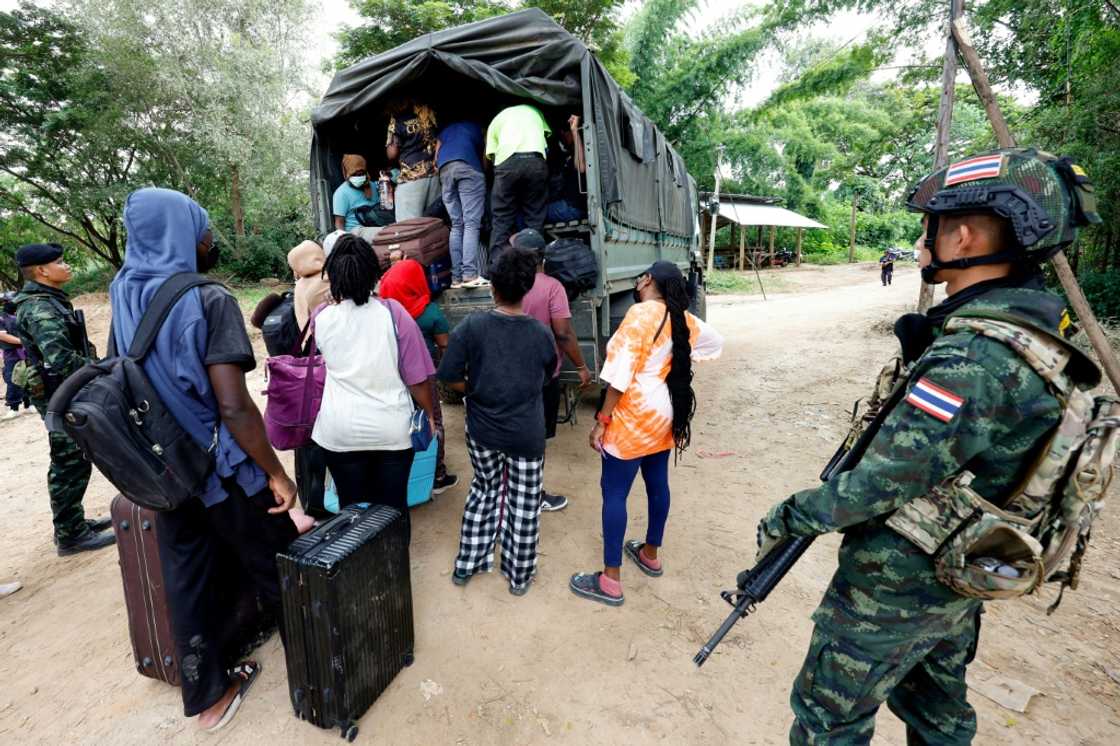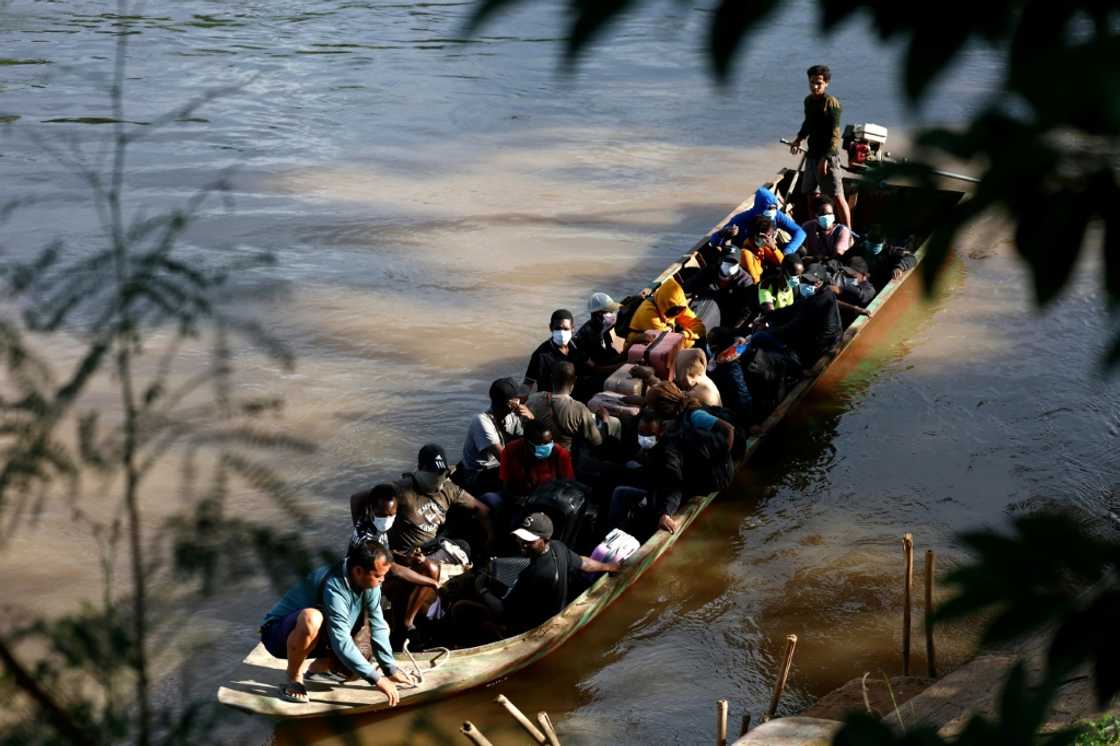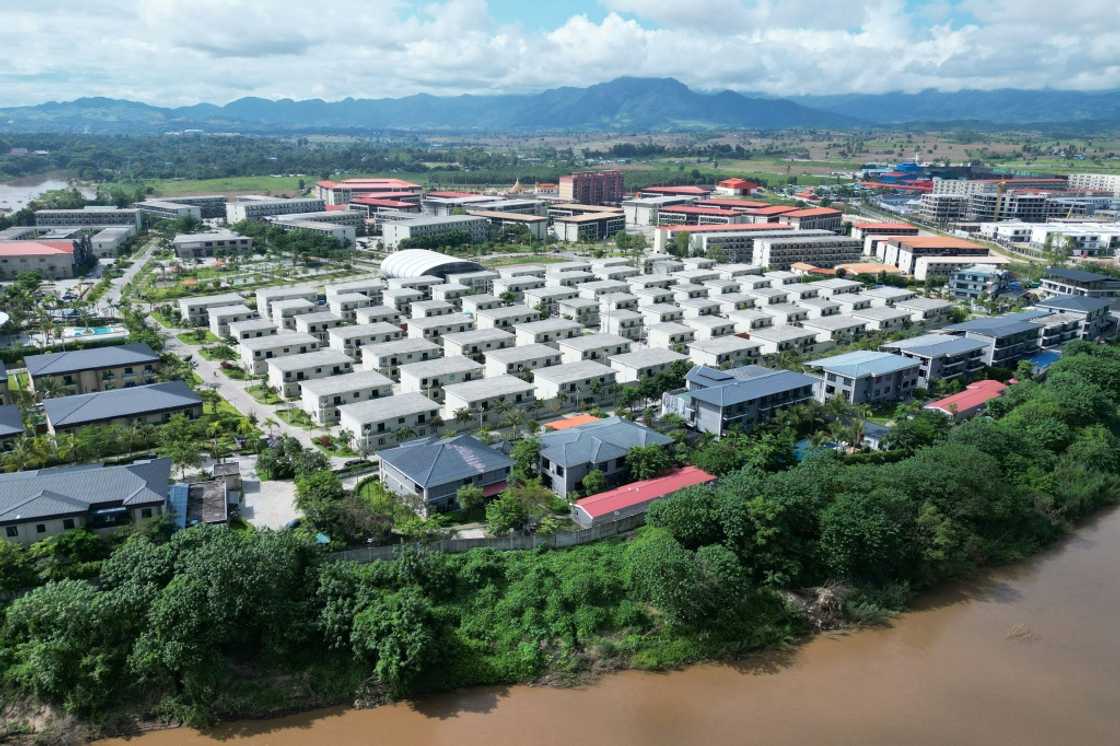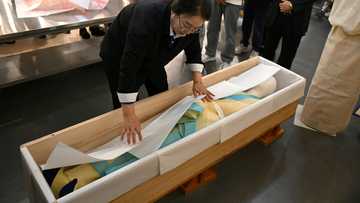Myanmar scam hub sweep triggers fraudster recruitment rush

Source: AFP
Recent raids on one of Myanmar's most notorious internet scam hubs sparked a recruitment rush as fleeing workers scrambled to enlist at nearby fraud factories, experts and insiders told AFP.
Online scam hubs have mushroomed across Southeast Asia, draining unsuspecting victims of billions of dollars annually in elaborate romance and crypto cons.
Many workers are trafficked into the internet sweatshops, analysts say, but others go willingly to secure attractive salaries.
Late October raids roiled Myanmar fraud factory KK Park, sending more than 1,500 people fleeing over the border to Thailand -- but many stayed behind to pursue new opportunities in the black market.
A Chinese voluntary scam worker told AFP that a few hundred people who left KK Park arrived at his own compound three kilometres (two miles) away on October 23 -- lured by monthly salaries of up to $1,400.
The man spoke on condition of anonymity for security reasons, but shared with AFP a live location on a messaging app showing he was in Myanmar, near the Thai border.
"Some people will be picked up by unscrupulous bosses, while others will be picked up by good companies," he said. "It all depends on your luck."

Source: AFP
Jason Tower, senior expert at the Global Initiative against Transnational Organized Crime, told AFP many KK Park scammers have simply been "re-recruited" by other gangs.
"There are some people looking for a new location to engage in scamming from," he said. "They might see this as a job."
'Our chance to escape'
Webs of anonymous crypto payments and chronic under-reporting by embarrassed victims make losses to scam centres hard to quantify.
But victims in Southeast and East Asia alone were conned out of up to $37 billion in 2023, according to a UN report, which said global losses were likely "much larger".
War-torn Myanmar's loosely governed border regions have proven particularly fertile ground for the hubs.
The embattled junta -- which seized power in a 2021 coup -- has been accused of turning a blind eye to scam centres enriching its domestic militia allies.
But it has also faced pressure to curb the black market by its international backer China, galled at hubs recruiting as well as targeting its citizens.

Source: AFP
Last month, the junta said its troops had occupied around 200 buildings in KK Park and found more than 2,000 scammers.
Analysts say the raid was likely limited and heavily choreographed -- designed to vent pressure to take action without too badly denting profits.
But it nonetheless prompted an exodus of 1,500 people from 28 nationalities into Thailand, according to provincial Thai authorities.
Among them were around 500 Indian nationals and around 200 Filipinos.
Authorities face the daunting task of discerning trafficking victims from willing scammers.
Speaking to AFP on condition of anonymity, one Filipino man described fleeing KK Park on October 22 with around 30 compatriots as a pro-junta militia arrived to aid the crackdown.
"Everyone ran outside," he said. "This was our chance to escape."
Grabbing what few possessions he could, the man fled the compound he says he was trafficked into and crossed by boat to western Thailand.
Sold for scamming
With one expert estimating around 20,000 people had been working in KK Park -- the vast majority believed to be Chinese nationals -- those who fled to Thailand likely made up less than 10 percent.
But those who stayed behind are not necessarily willing participants.

Source: AFP
After the KK Park exodus, the Chinese scammer at the nearby compound told AFP local armed groups scrambled to cash in -- with unemployed scammers "sold" to other operations for up to $70,000.
Whether they are willing workers being headhunted or human trafficking victims is unclear.
The scammer who spoke to AFP reported hearing "booms every evening" after the raids, but dismissed it as "all for show" rather than a meaningful crackdown by Myanmar authorities.
And with the continuing flow of scam workers -- willing or coerced -- rights advocates say the problem can only be solved by targeting the Chinese bosses running the show.
"(They) must be arrested, prosecuted, and have all their assets seized," Jay Kritiya from the Civil Society Network for Human Trafficking Victims Assistance told AFP.
"That's the real crackdown."
Source: AFP





